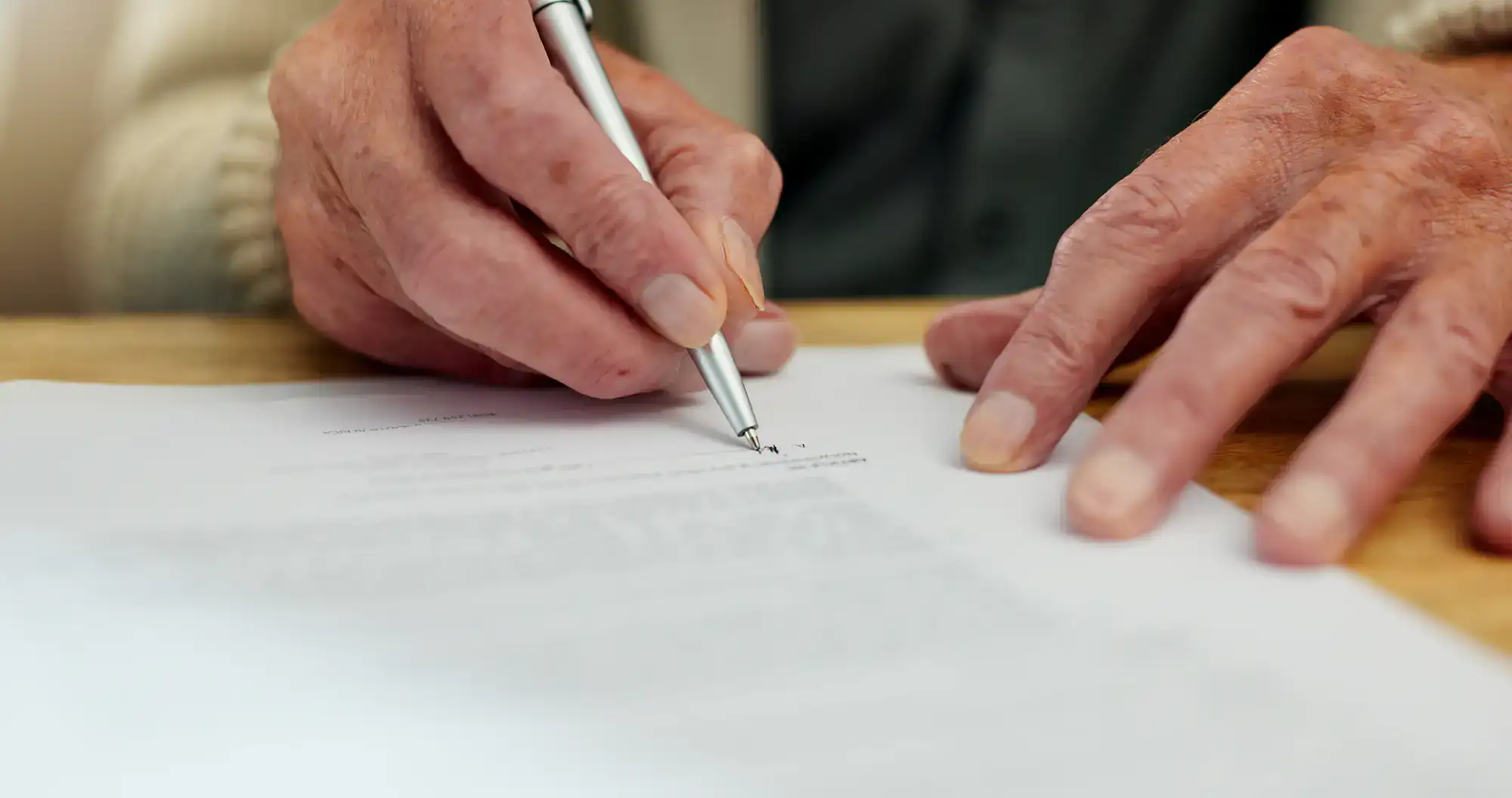Wills Attorney in Riverhead, NY
Protect Your Family's Future Today
Clear estate planning guidance when you need it most, with home visits and bilingual support throughout Long Island.


Estate Planning Services Riverhead
You’re not just getting a document. You’re getting peace of mind that your wishes will be followed and your family won’t face unnecessary legal battles or financial hardship.
When your will is properly drafted and executed, your loved ones can focus on grieving and healing instead of navigating complex probate courts. Your assets go exactly where you intended, your children’s guardianship is secured, and your final wishes are crystal clear.
No family disputes over unclear language. No court delays eating into your estate. No confusion about who gets what or who’s in charge. Just the security that comes from knowing you’ve handled this right.
Riverhead Estate Planning Attorney
Fratello Law has been serving Long Island families through their most important legal decisions for years. We understand the unique challenges facing Riverhead residents, from protecting family homes to navigating New York’s complex estate laws.
We offer services in Spanish and Italian, recognizing the diverse communities that call Long Island home. We provide home, hospital, and nursing home visits because we know that legal planning can’t always wait for convenient office hours.
Our focus goes beyond just drafting documents. We specialize in elder law, Medicaid planning, and special needs trusts, offering comprehensive support for families dealing with aging, illness, or disability.

Will Preparation Process Riverhead
Your will starts with a consultation where we learn about your family, your assets, and your specific concerns. We’ll ask about your children, your property, and any special circumstances that need attention.
Next, we draft your will using clear language that meets New York state requirements. You’ll review everything together, making sure every detail reflects your wishes. We explain each section so you understand exactly what you’re signing.
Finally, we handle the proper execution with witnesses and notarization. You’ll receive copies of all documents, and we’ll discuss how to store your will safely. We’re available for updates as your life changes.

Ready to get started?
Comprehensive Will Drafting Services
Your will includes asset distribution instructions, executor designation, and guardianship provisions for minor children. We also address specific Long Island considerations like property ownership structures and local tax implications.
For Riverhead families, this often means planning around valuable real estate holdings and ensuring Medicaid eligibility isn’t compromised. We coordinate with your existing financial planning and can recommend updates to beneficiary designations on accounts and insurance policies.
Each will is customized for your situation. Whether you’re a young parent establishing basic protections or an older adult with complex assets, we ensure your document covers everything that matters to your family.









